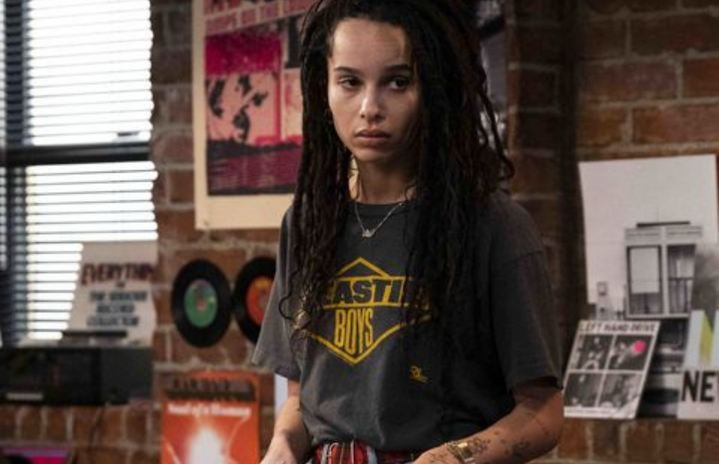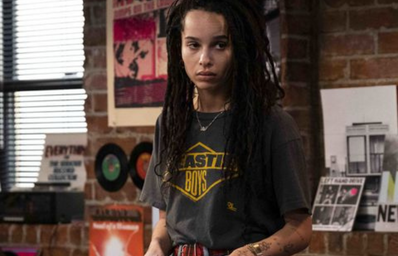When I was young, I wanted to be a rock star. Hannah Montana was a hit show. Taylor Swift was everyone’s older sister. Camp Rock told me that behind every wall was a Jonas Brother, waiting to discover my remarkable singing voice.
Still, I had absolutely no claim to that life and I knew it, too. If adults asked what I wanted to be when I grew up I’d say “nurse.” It sounded practical to my 7-year-old self. I held my musician fantasies close to my chest. They seemed like a liability.
At 20 years old I cannot even blame younger me! Making music is an incredible skill. Making money at it – now that may be even more miraculous.
It’s obvious that huge musicians, your Billie Elishes and Bad Bunnys that are internationally acclaimed, are “rolling in it,” but what about smaller artists? The artists that occupy one slot on your playlist or your favorite band that it feels like no one has heard of, how do they live off their work?
They rarely do.
Music streaming accounts for nearly no income. In fact, according to a study by Citigroup and analyzed by Insider, most musician income comes from touring, merchandise, and outside licensing (I.E. when songs are used in commercials, television, or movies). The musicians who miss out on these opportunities, well, they are basically working for free. Sometimes, they are even paying to create music.
While personal time and money are poured into recording and producing, minimal profits are received from listeners. Insider claims musicians may be paid as low as $0.003 per song stream on Spotify.
Take a lesser-known, albeit popular, artist like Lizzy McAlpine. She’s most well known for her single “Ceilings” which went viral on TikTok about a year ago. Her other music is solid but has fewer streams than her biggest hit. “Ceilings” has over 320 million streams. Amazing! That’s about $968 from Spotify.
So, what is to be done? I have little to no idea. What I do know is – if you love an artist, support them. The space preventing them from working as a waiter at a Toronto poutine bar is slim, as guitarist Alec O’Hanley from the band Alvvays alluded to in a New York Times article.
Buy records and bask in their confusing and exciting retro-indieness. Sports t-shirts, tote bags, and pins. Wear earphones constantly and when someone asks what you listen to, guilt them into becoming a fan. The future of good music depends on you!


